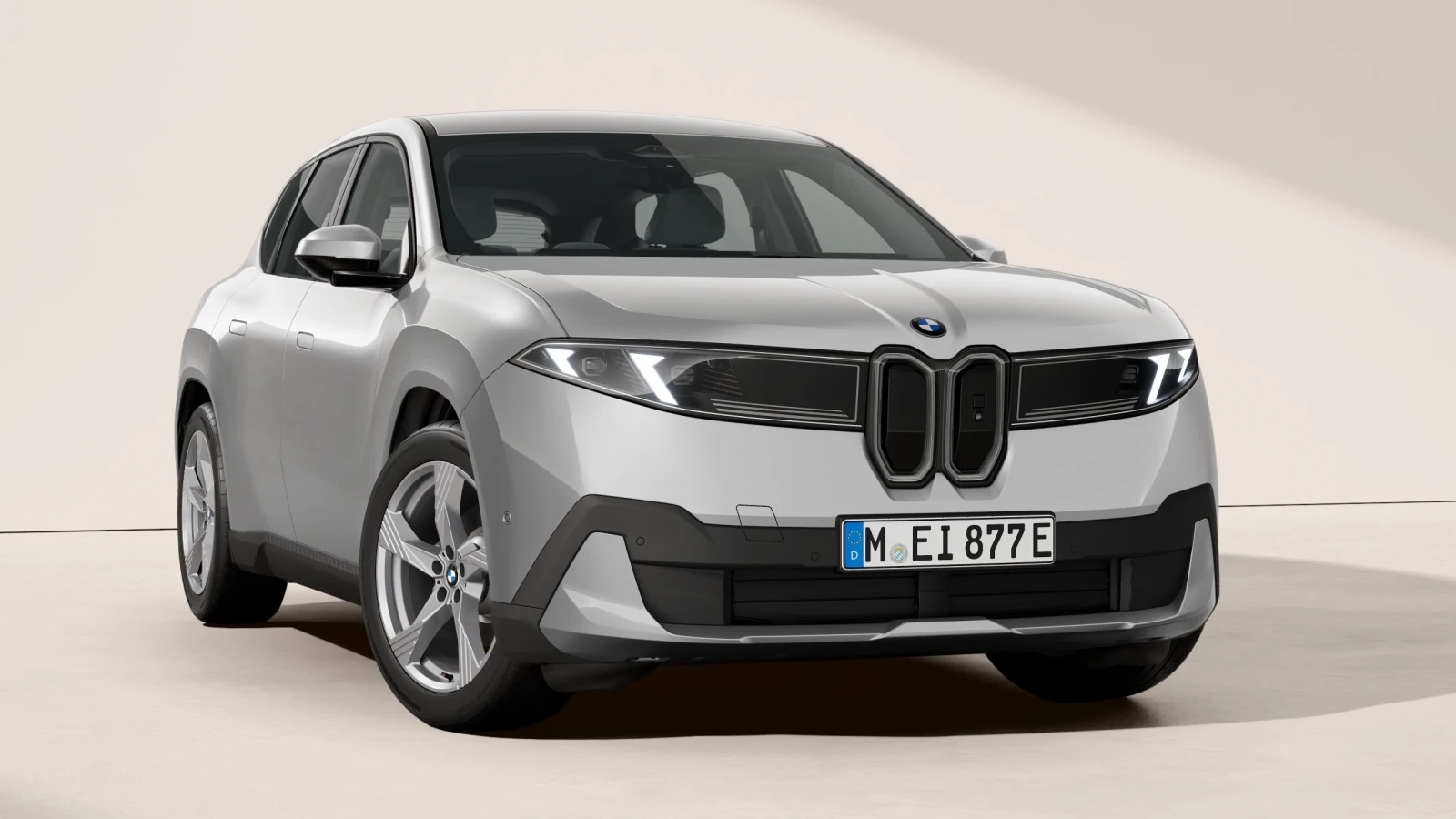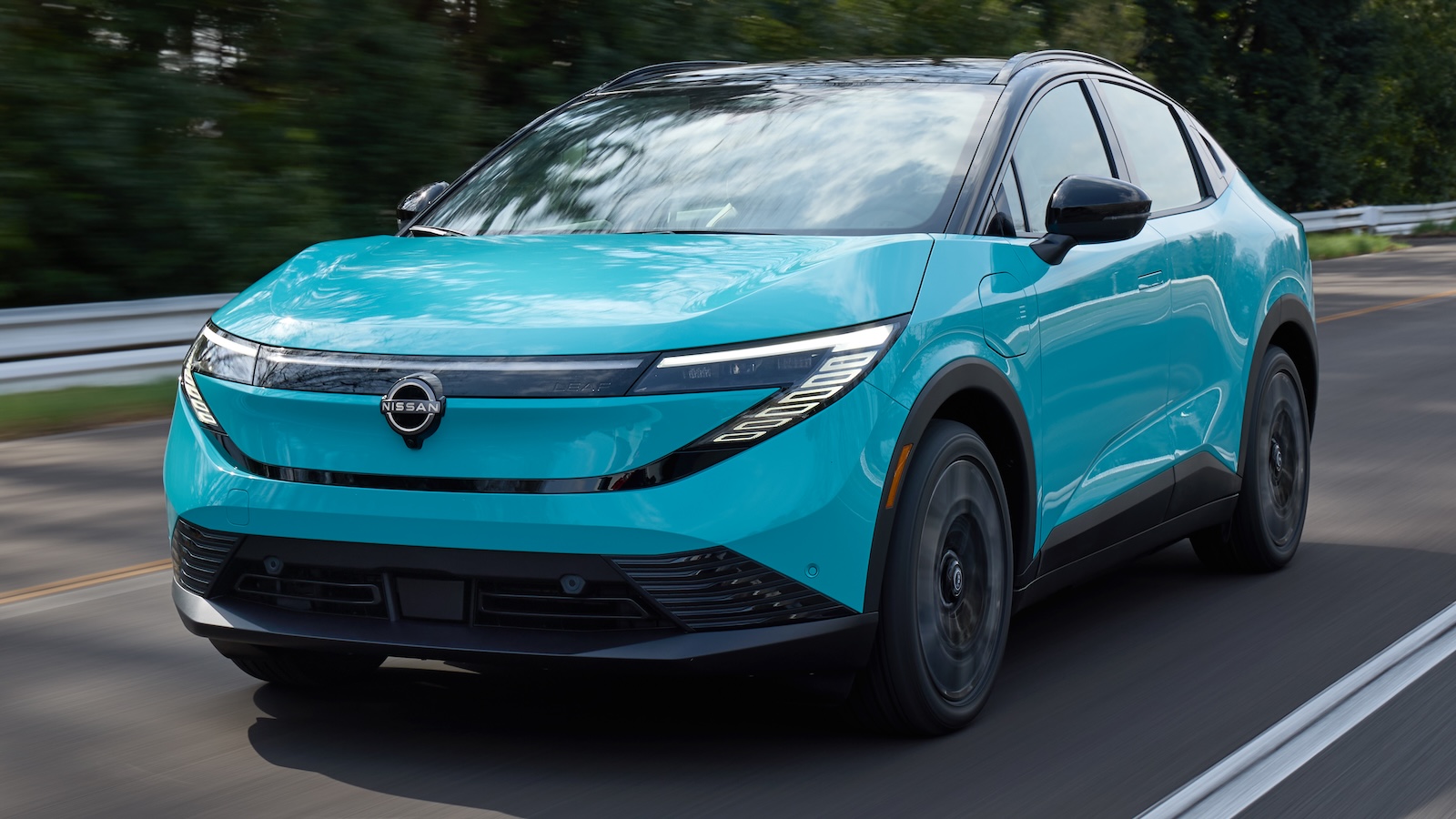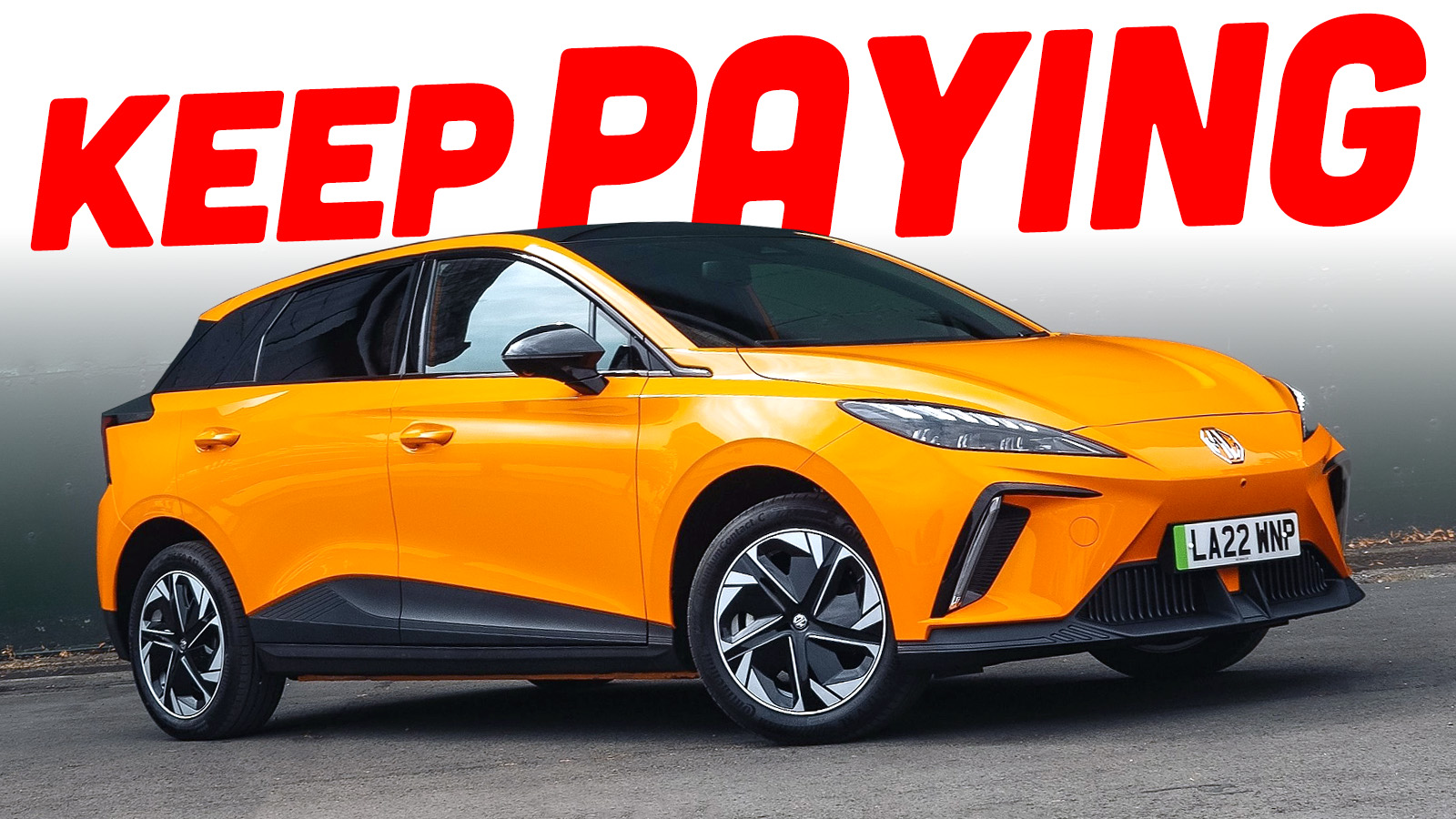As with any big change, the transition towards electric cars comes with joys as well as challenges. The cars themselves are marvellously smooth and low-maintenance, but public charging still isn’t as ubiquitous as fuel stations, the cars themselves are expensive, and then there’s the governance of the whole thing. With electric cars not using fuel, what will replace the fuel tax? The United Kingdom has a potential answer, and some people aren’t happy about it.
Like in many jurisdictions, the United Kingdom uses a fuel tax as one method of raising government funding. Currently, this tax stands at 52.95 pence per liter of petrol, or about $2.65 per U.S. gallon of gasoline at the time of writing. While not all of this duty collected goes directly towards road building and maintenance, some of it does, so drivers of combustion-powered vehicles pay into the system as they consume fuel, in addition to paying road tax.
![]()
Of course, while owners of electric vehicles also now have to pay road tax of £195 per vehicle, fuel tax doesn’t apply to electricity. With a mandate that all new cars sold in the United Kingdom be electric by 2035, as the passenger car fleet switches over from fossil fuels to electricity, revenue accrued through fuel tax will plummet dramatically. So, how does the government plan to make up for this shortfall? Well, here’s what BBC News says:
According to the Telegraph, EV drivers could be charged 3p per mile, on top of other road taxes, amounting to an extra £12 on a journey from London to Edinburgh. Drivers of hybrid cars would also be charged, but at a lower rate.
The paper says the idea is that owners would have to estimate, and pay for, their road usage for the year ahead. If, at the end of the year, they had driven fewer miles they would have a credit to carry over, but if they had driven more they would face a top-up charge.
Yep, the plan is reportedly to explore a per-mile levy on electric vehicles, and while it’s a bit of a shock, some sort of mileage tax on EVs to pay for infrastructure is inevitable. At first glance, it doesn’t take a lot of math to realize that this proposal might not be as drastic as it seems.
 Photo credit: BMW
Photo credit: BMW
Firstly, it would take a wildly efficient combustion-powered vehicle to level the playing field between the 52.95 pence-per-liter fuel tax and the proposed three pence-per-mile EV tax. We’re talking overall consumption of 28.24 kilometers-per-liter, or about 66.4 miles per-U.S.-gallon. Short of the tiniest little hybrid hatchbacks, there isn’t much out there capable of that in the real world.
Secondly, the idea of self-reporting seems inefficient, but there is theoretically a way to verify if some vehicle owners have gone over or under their initial estimation. Every year, vehicles between three and 40 years old must pass an annual MOT inspection, during which the vehicle’s mileage readout is logged and kept in a database. For electric vehicles that fall within the MOT window, the existing test could be used as a reference for the proposed per-mile charge.
 Photo credit: Nissan
Photo credit: Nissan
While the proposed charge doesn’t sound wildly onerous, the industry has responded exactly the way you’d expect. Unsurprisingly, the Society of Motor Manufacturers and Traders isn’t particularly pleased by news of a new potential tax, issuing the following statement:
We recognise the need for a new approach to motoring taxes but at such a pivotal moment in the UK’s EV transition, this would be entirely the wrong measure at the wrong time. Introducing such a complex, costly regime that targets the very vehicles manufacturers are challenged to sell would be a strategic mistake – deterring consumers and further undermining industry’s ability to meet ZEV mandate targets, with significant ramifications for perceptions of the UK as a place to invest. A smarter, fair and future-ready taxation system requires a fundamental rethink – one that must be done in full partnership with the industry and other stakeholders.
Although talk of investment is a big thing to throw around, the consumer deterrence brought up in the statement is a fair point. Electric cars are still expensive, frequently commanding a premium over their fossil-fuelled counterparts that’s possible to make up on running costs but has to be paid upfront. Add in higher-than-average depreciation, and many drivers would have a hard time stomaching affordability. Still, we are talking such a small sum overall that, when combined with an ultra-low overnight electricity tariff, it would theoretically remain far less expensive to run an electric vehicle than a combustion-powered car. However, fear isn’t rational. As AA president Edmund King told BBC News, the government should “tread carefully unless their actions slow down the transition to EVs.”
 Photo credit: Hyundai
Photo credit: Hyundai
A rethink of fuel tax will absolutely be needed at some point, not just in Britain but all over the world. How that comes to be will not be an easy road, but it’s a conversation countries need to be having now. It’s also a conversation that requires fact, context, and nuance. No one ever said this would be easy, and perhaps the most contentious part of the EV shift is yet to come.
Top graphic image: MG
